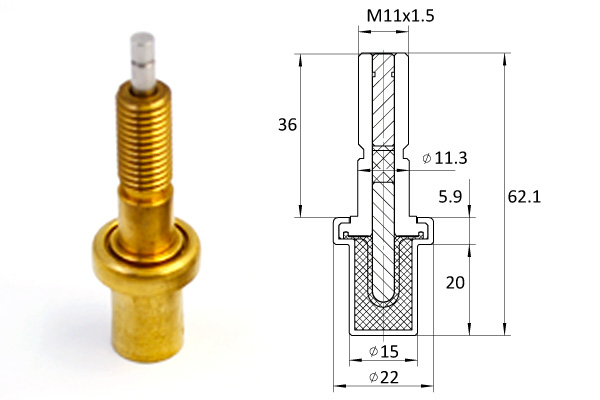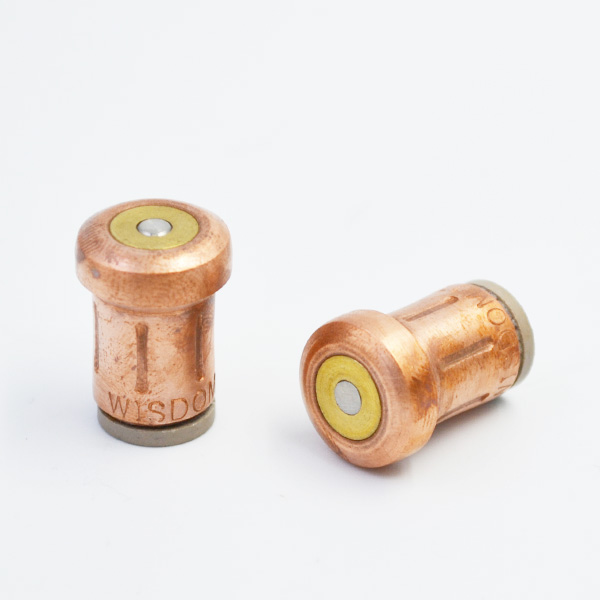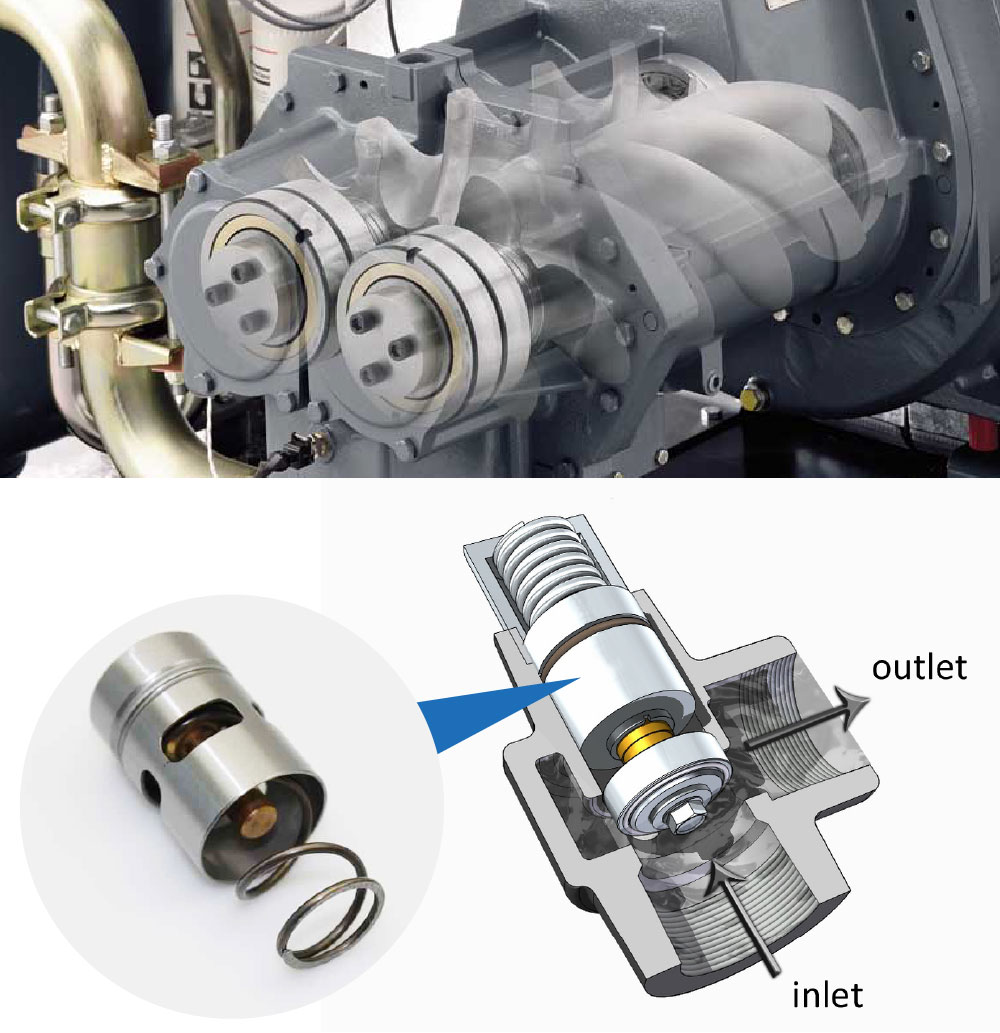It is a basic problem that the control system urgently needs to solve to deal with the sudden change of load, especially the sudden change of large load, to achieve the effective stability of generator terminal voltage value. In this paper, a new intelligent PID controller system is proposed and applied.
The PID controller is mainly composed of three-layer feedforward neural network. With the help of the self-learning ability of the neural network, the parameters of the PID controller can be adjusted by the weight coefficient of the neural network according to the dynamic characteristics of the system. Its main characteristics are simple structure. The operation is stable. The simulation results show that the proposed intelligent PID controller can improve the perturbation speed and control effect significantly compared with the traditional similar controller, and can effectively stabilize the ship generator terminal voltage. One of the most prominent characteristics of marine power system is that the generator capacity is relatively small, while the load capacity is large; many units work in parallel, and the parallel and disjoint conversion is very frequent, which leads to the operation of marine power station become a dynamic evolution process, and it is difficult to achieve a real steady-state process. In the process of system design, we often encounter non-linear dynamic problems. The design of controller based on intelligent control theory will greatly reflect its advantages and characteristics. Accordingly, the application of intelligent PID controller in the voltage control of propagating generators will be discussed in depth below. Power system control is a very complicated control problem. At present, the existing control methods mainly include linear optimal control, adaptive control, H_ robust control, intelligent control and so on. In recent years, a hybrid intelligent system integrated by intelligent technologies such as fuzzy logic, neural network, genetic algorithm and DNA algorithm has emerged, which has also been applied in power system. Hybrid intelligent system combines these abilities effectively through the application of various intelligent technology characteristics, such as knowledge expression and reasoning ability of fuzzy logic, knowledge acquisition, thermostatic element learning, adaptation and fault tolerance of neural network, and optimization ability of genetic algorithm, so as to solve a large number of problems in power system. Solutions provide effective means and methods. At present, the traditional PID control method is widely used in the excitation circuit of the marine power system. The advantages of this control method are that there is no higher requirement for the mathematical model, the overall structure of the control algorithm is simpler, the realization method is simpler, and it is also more mature, so the designer can use it very simply. Fuzzy adaptive PID control scheme based on neural network, on the one hand, through the application of the concept of fuzzy logic and non-linear processing, on the other hand, through the application of the self-learning ability of neural network and the proximity ability of arbitrary function, the combination of the two can obtain the most effective PID non-linear combination control law.

The purpose of on-line control of unknown objects is achieved. Traditional PID controller: A closed-loop control system consisting of a PID controller and a generator. PID elaborates that real-time regulation can be achieved through a neural network. Quantitative Fuzzy: Fuzzy processing is adopted for various variable factors in the system. Neural Network NN1: (Fig.

1 below) System identification is used to create specific dynamic process information for NN2. Neural Network NN2: Get the parameter information of the PID controller after the optimal control of the system. The generator system of a large container ship is simulated and explored. In order to acquire the training data of the system, the ship’s generator sets first adopt the conventional modeling for the actual system of the container ship’s generator. The input and output data of the system are recorded clearly, and the relevant data are also included. It serves as a sample for training the intelligent PID controller.
Based on the actual data of ships and the requirements of dynamic and static voltage changes of main generators in the Code for Classification and Construction of Steel Marine Vessels, the application effect of intelligent PID controller is judged.

The load of main generators increases or decreases by 50%, and the dynamic voltage of generators is also judged. The change of static voltage should be within ( 15%) and return to ( 2.
5%) within 1.5 seconds after the voltage value returns to normal. Suddenly unload 50% of the load voltage, the simulation curve is detailed in Figure 2 below.
The simulation results of the following figure 2 show that after the sudden unloading of 50% load, the maximum dynamic voltage of the generator rises to 490V with a change rate of about 9%, and can reach a stable range within 0.17s. The static voltage change of the main generator is less than 2.5%, which fully meets the standard requirements. Suddenly increase the load voltage by 50%. The simulation curve is shown in Figure 3 below. Observation of the results of Figure 3: After a sudden increase of 50% of the load, the lowest dynamic voltage of the generator will reach 410V, and its change rate is about – 9%, which can reach a stable range within 0.17s. The static voltage change of the main generator is less than 2.5%, which fully meets the requirements of the standard. According to the observation of figs.
2 and 3 above, the intelligent PID controller has good control effect and robustness. It fully meets the requirements of the standard specification and the specific data information obtained from the actual ship measurement. The voltage at the generator end of a ship tends to be stable by means of excitation control system.

Both generator and excitation control system are extremely complex non-linear dynamic systems.

The intelligent PID controller device proposed in this study can directly improve the stability of the voltage at one end of the generator when the load of the generator changes, especially when the heavy load changes.
Its main characteristics are simple structure and stable operation. Through the analysis of simulation examples, it can be concluded that the controller responds quickly to system disturbance, and its control effect is also good. Based on the load change, it can stabilize the voltage value at one end of the generator. It is believed that with the deepening of the research on Intelligent PID controller, it will play an increasingly important role in the development of intelligent ships.
